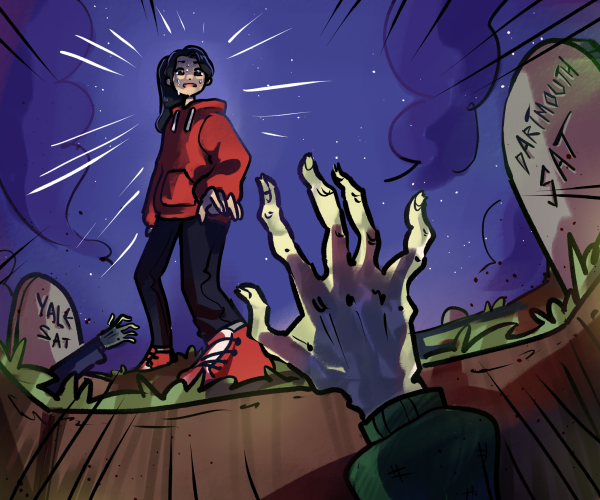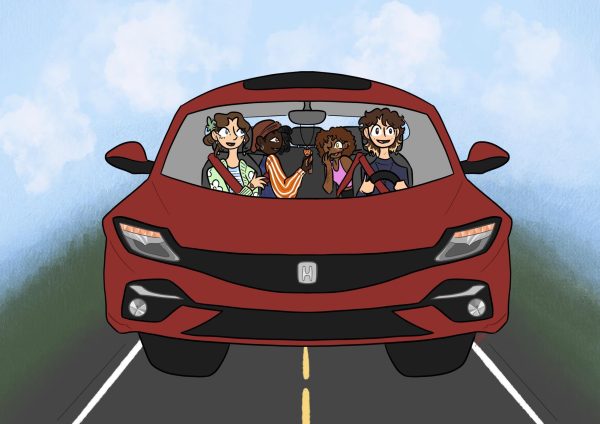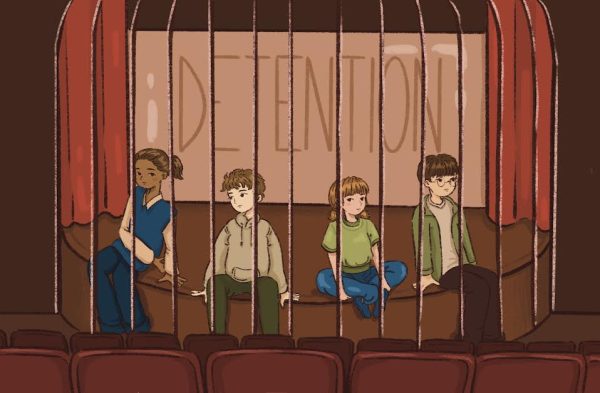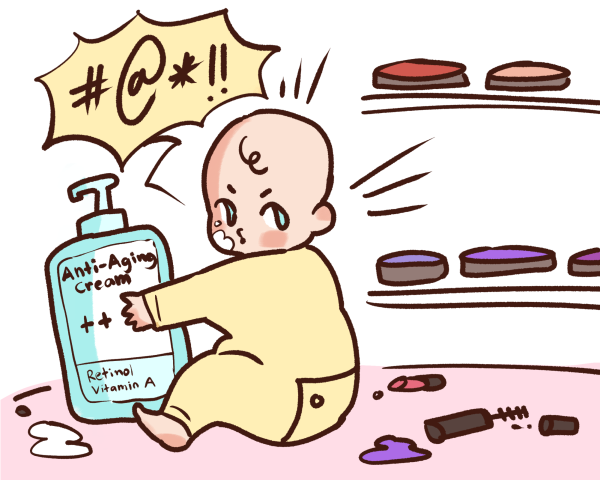Dark humor is crucial for surviving global tragedy
With the recent tensions between the United States and Iran looming over our heads, the Internet has taken to Twitter, Reddit, and TikTok with full force to make WW3 memes.
In the aftermath of the assassination of Iranian general Qassem Soleimani, #WW3 reached more than 200,000 tweets on Twitter, and “World War 3” was mentioned in at least 1.6 million tweets.
On TikTok, a social media app where users make short videos, #WW3 has almost 1.8 billion views.
Which leads us to the question: Is it OK to turn warfare and possible tragedy into memes?
Of course! Dark humor is ubiquitous in our society. Popular shows like “South Park” joke about topics such as China’s repulsive violations of human rights, detention camps on the border with Mexico, and drunk driving. The Onion, a famous satirical newspaper, features titles such as “Crack Of Gunfire Resounding Through Office Gives Woman Perfect Cover She Needs To Bite Into Crisp Apple.”
Just because someone laughs at a dark or offensive joke doesn’t mean they can’t understand the gravity of the topic.
Black humor could even be good for you. A study published in the scientific journal Cognitive Processing showed a positive correlation between an appreciation of dark humor and higher intelligence.
Arnie Cann, a former psychology professor at the University of North Carolina, said humor is an important part of being able to cope with difficult situations, according to an interview with the Association for Psychological Science.
The history of dark humor goes back many years. During World War I, newspapers around the world published satirical cartoons mocking the war. When First Lady Nancy Reagan visited her husband Ronald at the hospital after an attempted assassination, he reportedly joked, “Honey, I forgot to duck.”
The Germans even have their own word for finding other people’s suffering hilarious: schadenfreude.
But one downside with the storm of WW3 memes on the internet is the spread of false information. The Internet has panicked over the draft, which ignores the fact that the draft doesn’t currently exist.
Selective Service still exists, and the vast majority of men 18 years of age or older in the U.S need to register by their 26th birthday. However, Selective Service is merely in charge of running the draft. In order to reinstate the draft, both houses of Congress would need to pass legislation to restore it.
Another example of recent dark memes is a tweet with the text “gotta start practicing just in case [sic] i [sic] get caught” and a screenshot of Google Translate. The picture features a translation from English to Arabic, ignoring that 98 percent of Iranians don’t speak Arabic, according to the CIA World Factbook.
Listen here, parents. Memes don’t entirely deserve the blame for this. The spread of false, oversimplified news is a larger problem within modern media, amplified by the rise of cable news and, more recently, social media.
The transformation of global conflict into memes is merely a single facet of a larger phenomenon: Millennials and especially Gen Z-ers have been using memes as a coping mechanism for a difficult and changing world.
According to Pew Research, 13 percent of American teens reported having a major instance of depression in 2017. Young adults are disillusioned with problems they see, but it’s hard for them to change the world. Most teenagers can’t even vote.
As I watch the world around me slowly burn, I’ll sit back, relax, and enjoy watching WW3 TikToks.

Senior Nicholas Harvey is the Editor-in-Chief for The Californian. Writing for the paper since freshman year, Nicholas is especially interested in the...




